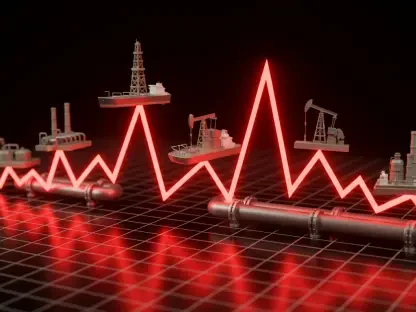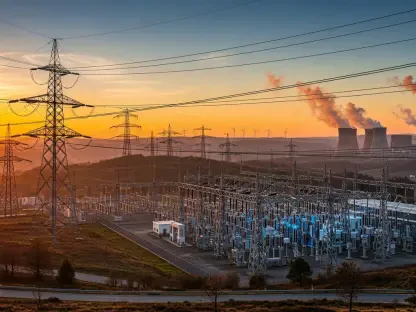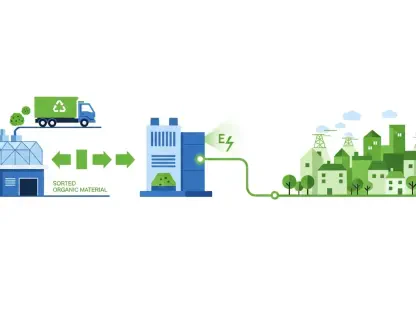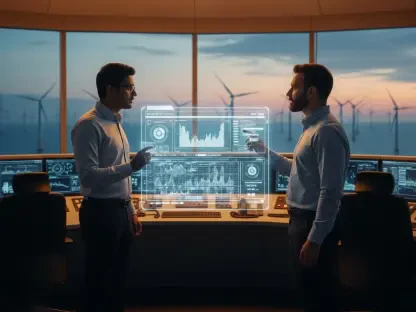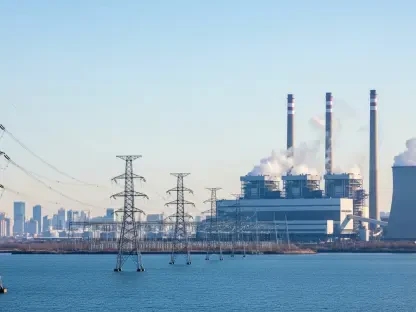Amid global climate initiatives and increasing environmental regulations, the ACT Expo has emerged as a pivotal forum for exploring low-emission technologies in transportation. This year’s event provided industry stakeholders with a platform to discuss the urgent need for sustainable practices. With transportation accounting for nearly a quarter of global CO2 emissions, innovations like those showcased at ACT Expo are crucial in shaping the future of the industry. Attendees were keen to learn, debate, and capture new strategies to decarbonize their operations.
A Pivotal Gathering: The ACT Expo
The ACT Expo highlighted the urgency and feasibility of adopting low-emission technologies. The gathering offered in-depth discussions about cutting-edge transportation solutions, fostering innovation in the sector. As the industry’s environmental footprint grows, this event underscored the importance of diverse low-emission strategies, crucial for transportation decision-makers. Important insights from the expo provide a comprehensive understanding of how these technologies can effectively address current environmental challenges.
Unveiling Innovations and Insights
This year’s expo was defined by groundbreaking moments and influential dialogues. Presentations and debates took center stage, offering attendees insight into the potential of low-emission vehicles. Industry leaders played a vital role in shaping the discussions, with the expo shedding light on the direction of future technologies in decarbonization.
Leading Voices in Decarbonization
Prominent figures in the industry highlighted feasible strategies for fleets during their talks. From Erik Neandross’s analysis of Clean Transportation Solutions to Jim Nebergall from Cummins discussing innovative paths toward emissions reduction, their expertise offered a vision of what’s possible. These sessions emphasized the multifaceted approach needed for fleets to implement practical, low-emission technologies today.
Dynamic Panels and Debates
The variety of themes explored during panel discussions provided a comprehensive look into future transportation trends. Topics such as the potential of alternative fuels and the pivotal role of digitization in next-generation fleets were debated. These discussions underscored the multitude of ideas driving industry change, highlighting the diversity of opinions and strategies within the sector.
Interactive Sessions and Engagements
Workshops and group activities allowed participants to dive deeper into the practical aspects of adopting new technologies. Engagement with live demonstrations and interactive sessions fostered a sense of community as attendees shared knowledge and built valuable industry connections. These experiences were key in making the complexities of new technologies accessible and understandable.
Showcasing Technological Advancements
One of the central features was the showcase of trailblazing technologies. The demo by Cummins, exemplifying mixed-fuel strategies and introducing the X15N natural gas engine, stood out. The significance of these innovations, especially their potential to revolutionize fleet efficiency, was clear. They act as game-changers in reducing emissions while maintaining cost-effectiveness within the industry.
Implications for the Future of Transportation
ACT Expo’s main takeaways suggest a pivotal time ahead for the transportation sector. The event demonstrated a commitment to realizing sustainable futures through diverse technology adoption. Insights gathered are poised to drive significant advancements in decarbonization and fuel economy, challenging industry norms. As fleets utilize these lessons, they position themselves to meet emission goals while addressing economic pressures. The progress seen at this year’s expo suggests an industry ready to embrace transformation, leading the charge toward a sustainable future.



